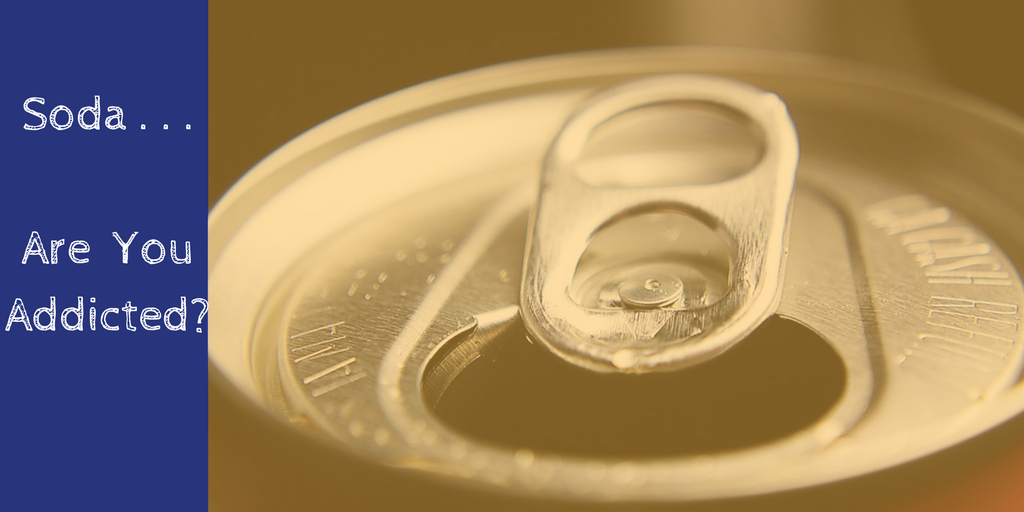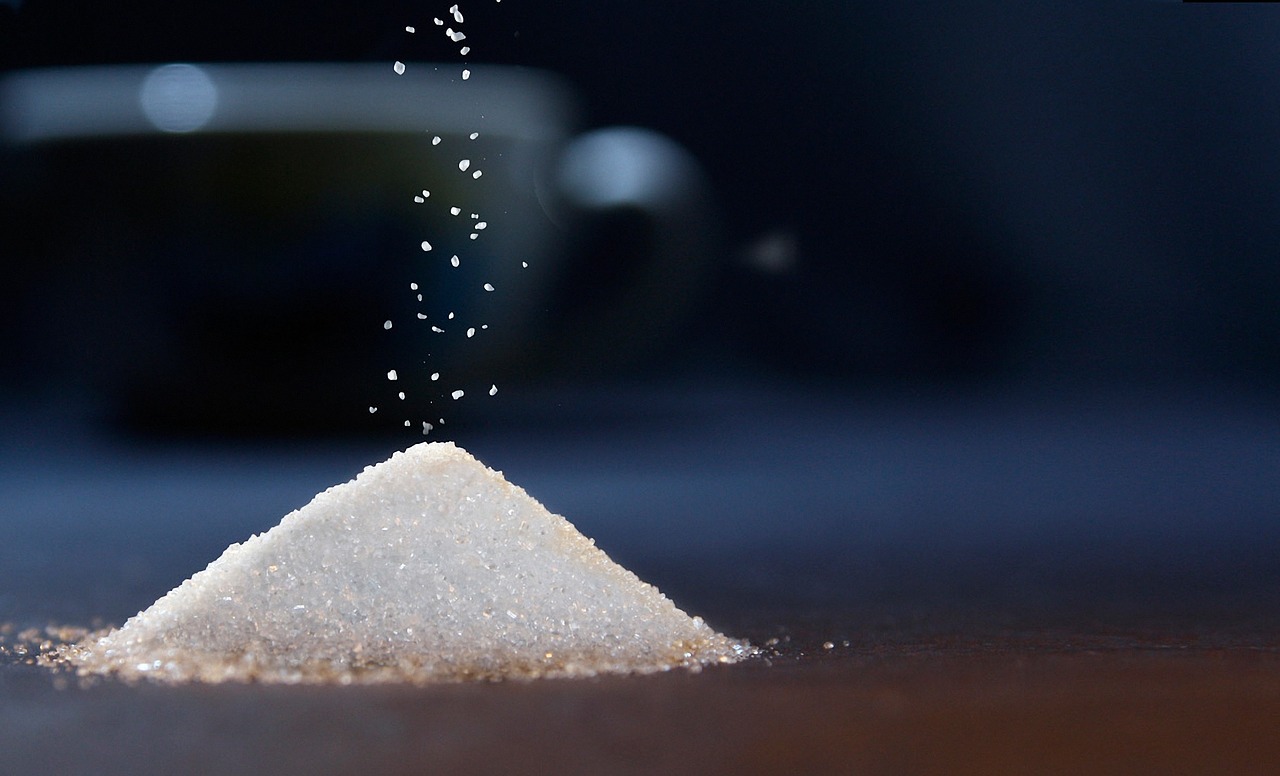THE PERILS OF SODA #2

Why It’s Addictive
I am so thankful that I never developed a taste for soda (or anything carbonated for that matter). I have my mother to thank for that. Growing up, the dinner table always had a very large pitcher of water prominently placed in the center and it was always gone by the end of the meal. Water was a staple in our house and it was basically all we ever drank. Consequently, I developed a love for water and, to this day, do not understand the love affair with soda. I have many clients who successfully have given up the soda habit/addiction and I am super proud of them, because it’s not easy. My own hubby has been soda-free for about six years now.
The Addiction is Real
Sodas are made to be addicting. The food industry wants to keep you coming back for more. They do just that by getting you hooked on the sugar. Did you know that sugar is eight times more addictive than cocaine?! One can of soda has the equivalent of 10 teaspoons of sugar. That’s more than in your average candy bar! CRAZY!!

Now, some people might “poo-poo” the idea that sugar is addictive, but countless research studies point exactly to this. In fact, did you know that both heroin and sugar are derived by similar processes involving refinement? True story people! This is how we get heroin: opium is extracted from the poppy, then refined into morphine, then further refined into the highly addictive drug, heroin. Now let’s take a look at sugar: it is pressed as a juice from cane or beet, refined into molasses, then refined into brown sugar, then further refined into white sugar. Do you see the similarities? Both are chemically treated white powders with absolutely no nutritional value and highly addictive properties within the brain. Still scoffing? One study found the following:
“Laboratory rats given intermittent access to a sugary drink exhibit typical addictive behaviors almost immediately: bingeing when sugar is available, crashing when it’s not (withdrawal, anxiety, depression, and craving-like behaviors). So, very sugary substances, at least behaviorally, act much like addictive narcotics. Typically, drug-seeking behavior will cause a rise in dopamine levels in the brain even before the drug is actually consumed––the mere anticipation of reward is oh-so rewarding. Rats addicted to sugar ingest it in a binge-like manner that releases dopamine in the accumbens during and right before consumption, much like heroin use in humans.”
CRAZY, right?!?! Dr. Phil Maffetone has a plethora of articles on this topic for those who are interested in reading further. Just google his name. And NO, I am not saying that if you drink soda you might as well be a drug addict. What I’m underscoring here is that sugar is akin to a drug that keeps you coming back for more because it is addicting. So know that, when you think you are craving that soda, you truly are craving it! This is exactly what the soda industry is banking on. They’ve got you hooked like a drug dealer has their junkies coming back for more.
I know you’re probably thinking, “It’s all good; I’ll drink diet soda that has no sugar in it then.” Hold on tight because next time I’ll be sharing information about diet sodas that may just throw you for a loop and may get you to send that can of soda right into the trash bin. Now I challenge you to: (1) drink one less can of soda this week and (2) increase your water intake. Who’s up for the challenge?






